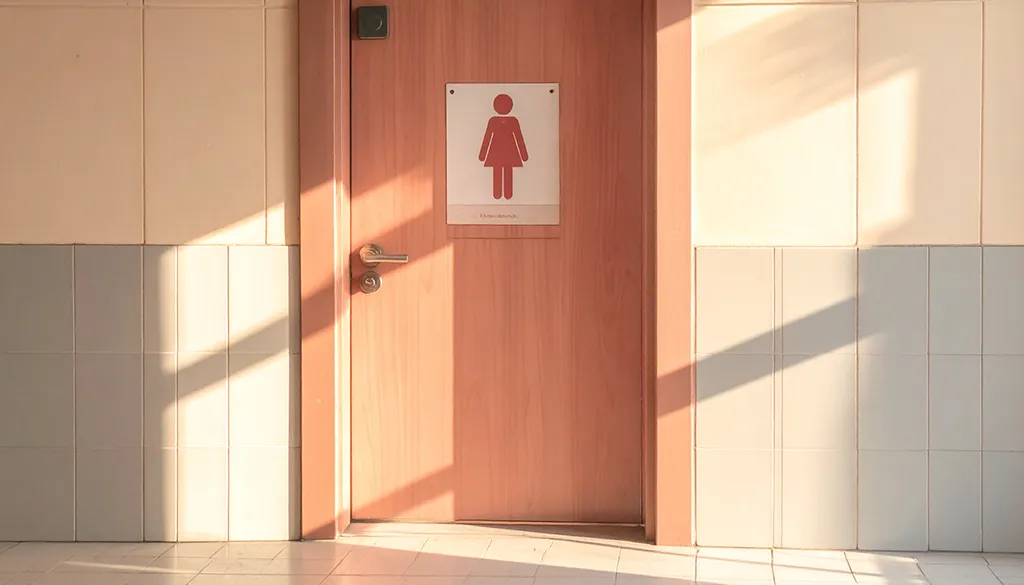Most surgical procedures to treat stress incontinence fall into two main categories: sling procedures and bladder neck suspension procedures.
During a sling procedure, your surgeon uses strips of synthetic mesh, your own tissue or sometimes animal or donor tissue to create a sling or “hammock” under your urethra or bladder neck. The bladder neck is the area of thickened muscle where the bladder connects to the urethra — the tube that carries urine from the bladder. The sling supports the urethra and helps keep it closed — especially when you cough or sneeze — so that you do not leak urine.
The sling procedure that’s best for you depends on your individual situation.
Tension-Free Sling
No stitches are used to attach the tension-free sling, which is made from a strip of synthetic mesh tape. Instead, body tissue holds the sling in place. Eventually scar tissue forms in and around the mesh to keep it from moving.
For a tension-free sling procedure, your surgeon may use one of three approaches:
With the Retropubic approach, your surgeon makes a small cut (incision) inside your vagina just under your urethra. Your surgeon also makes two small openings above your pubic bone just large enough for a needle to pass through. Your surgeon then uses a needle to pass the sling under the urethra and up behind the pubic bone. A few absorbable stitches close the vaginal incision, and the needle sites may be sealed with skin glue or stitches.
With the Transobturator approach, your surgeon makes a similar vaginal incision as in the retropubic approach and also creates a small opening on each side of your labia for the needle to pass through. The sling passes in a different pathway from the retropubic approach, but it’s still placed under the urethra. Your surgeon closes the vaginal incision with absorbable stitches and the needle site with skin glue or stitches.
With this approach, your surgeon makes only one small incision in your vagina to perform the procedure. Through this single incision, your surgeon places the sling in a manner similar to the Retropubic and Transobturator approaches. No other incisions or needle sites are needed.
Recovery time for tension-free sling surgery varies. Your doctor may recommend two to four weeks of healing before returning to activities that include heavy lifting or strenuous exercise. It may be up to six weeks before you’re able to resume sexual activity.
Using surgical mesh is a safe and effective way to treat stress urinary incontinence. However, complications can occur in some women, including erosion of the material, infection and pain.
Conventional Sling
With a Conventional approach, your surgeon makes an incision in your vagina and places a sling made of synthetic mesh tape — or possibly your own tissue or tissue from an animal or deceased donor — under the neck of your bladder. Through another incision in your abdomen, your surgeon pulls the sling to achieve the right amount of tension and attaches each end of the sling to pelvic tissue (fascia) or your abdominal wall using stitches.
A conventional sling sometimes requires a larger incision than does a tension-free sling. You may need an overnight stay in a hospital and usually a longer recovery period. You may also need a temporary catheter after surgery while you heal.




